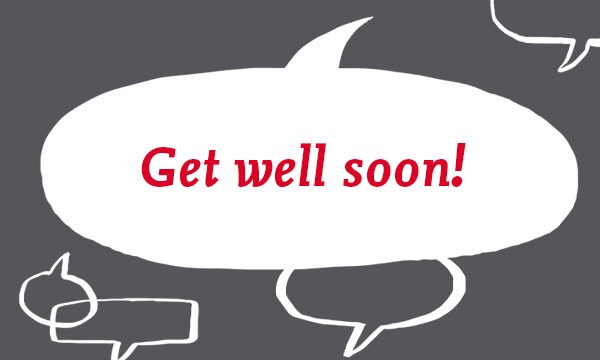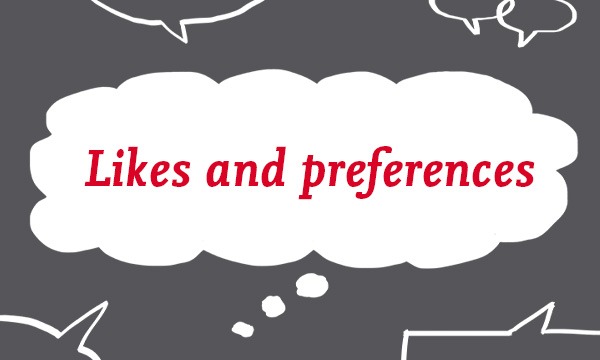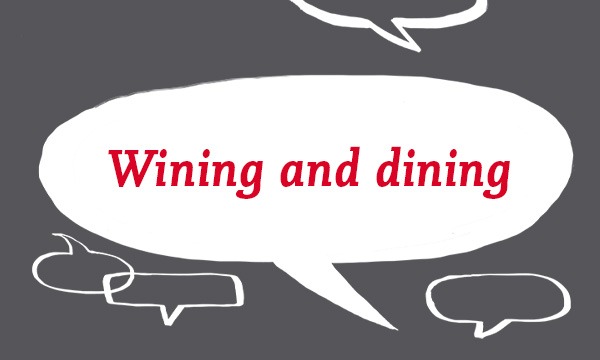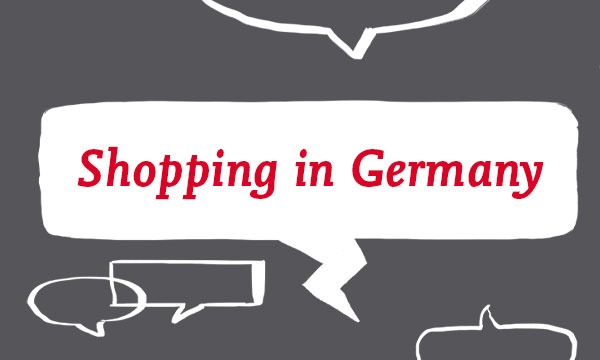Trips to the doctor’s or the hospital are not on anyone’s itinerary while travelling abroad. However, if you do happen to fall ill or need medical advice in Germany, this blog will give you the confidence to talk to a doctor, dentist or pharmacist to help you get what you need.
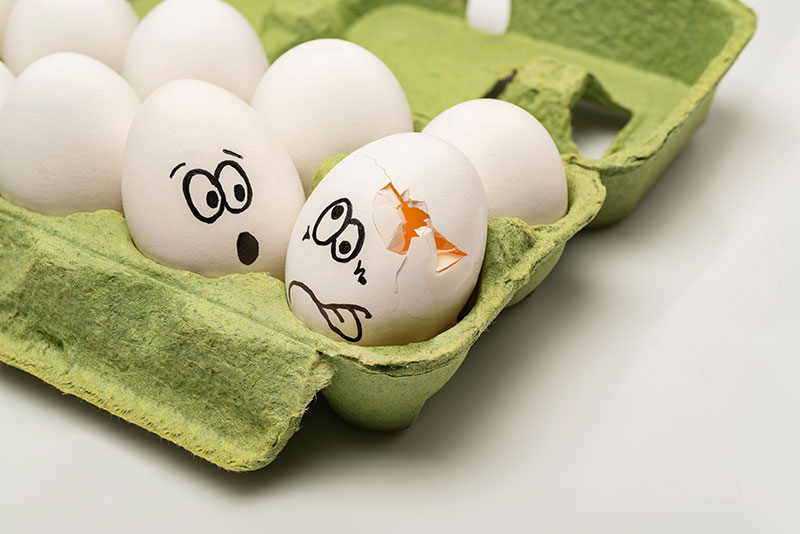
Describing the problem
If a doctor asks you to describe what the problem is, you can generally use ich habe… followed by whatever it is that hurts or is wrong. Ich habe, meaning I have, comes from the verb haben (to have). If you’re describing the problem for someone else, you would say er/sie hat, meaning he/she has:
Ich habe Kopfschmerzen.
I’ve got a headache.
Ich habe Magenschmerzen.
I’ve got a sore stomach.
Ich habe Zahnschmerzen.
I’ve got toothache.
Ich habe Heuschnupfen.
I’ve got hayfever.
Er hat Fieber.
He’s got a temperature.
Sie hat hohen Blutdruck.
She’s got high blood pressure.
You can also use ich bin… to describe common illnesses and health conditions. Ich bin, meaning I am, comes from the verb sein (to be). If you’re describing the problem for someone else, you would say er/sie ist, meaning he/she is:
Ich bin erkältet.
I’ve got a cold.
Er ist Diabetiker./Sie ist Diabetikerin.
He/she is diabetic.
Meine Frau ist krank.
My wife is ill.
Ich bin allergisch gegen…
I’m allergic to …
Saying what happened
If you’ve had some sort of accident, you will probably need to explain what happened.
You can use ich habe/bin followed by the past participle. For example, ich habe einen Unfall gehabt (I’ve had an accident), ich habe mir den Kopf angeschlagen (I’ve bumped my head), or ich bin die Treppe runtergefallen (I’ve fallen down the stairs).
You may notice that, to say you’ve hurt something in German, the articles den/die/das (the) or einen/ein/eine (a) are used. This is because in German you say I’ve broken a leg or the ankle and so on instead of I’ve broken my leg or my ankle and so on. You use reflexive verbs to do this in German i.e. verbs which reflect back on the person speaking. They are made up of the reflexive pronoun sich (meaning himself, herself, itself, themselves or oneself) and the infinitive of the verb, but the pronoun obviously changes depending on who is speaking. For example, if you’re unfortunate enough to have broken your leg or arm, you would say ich habe mir das Bein/den Arm gebrochen. This literally means ‘I have broken the leg/arm to me’
Sie hat sich das Bein gebrochen.
She’s broken her leg.
Ich glaube, ich habe mir den Arm gebrochen.
I think I’ve broken my arm.
Ich habe mir den Fuss verstaucht.
I’ve sprained my ankle.
Asking for something
If you’re looking for medication in a pharmacy, for example, you can use Haben Sie…? (Do you have…?), which comes from the verb haben (to have).
Haben Sie etwas gegen Kopfschmerzen?
Do you have something for a headache?
Haben Sie etwas gegen Heuschnupfen?
Do you have something for hay fever?
You can also use the common phrase, ich brauche… (I need…):
Ich brauche etwas für einen Muskelkater.
I need something for sore muscles.
Ich brauche Aspirin.
I need some aspirin.
Hopefully you won’t need to use these phrases very often, but they are useful to know just in case the worst should happen. Don’t forget to come back for the next blog post to help you continue with the conversation!
All opinions expressed on this blog are those of the individual writers, and do not necessarily reflect the opinions or policies of Collins, or its parent company, HarperCollins.
